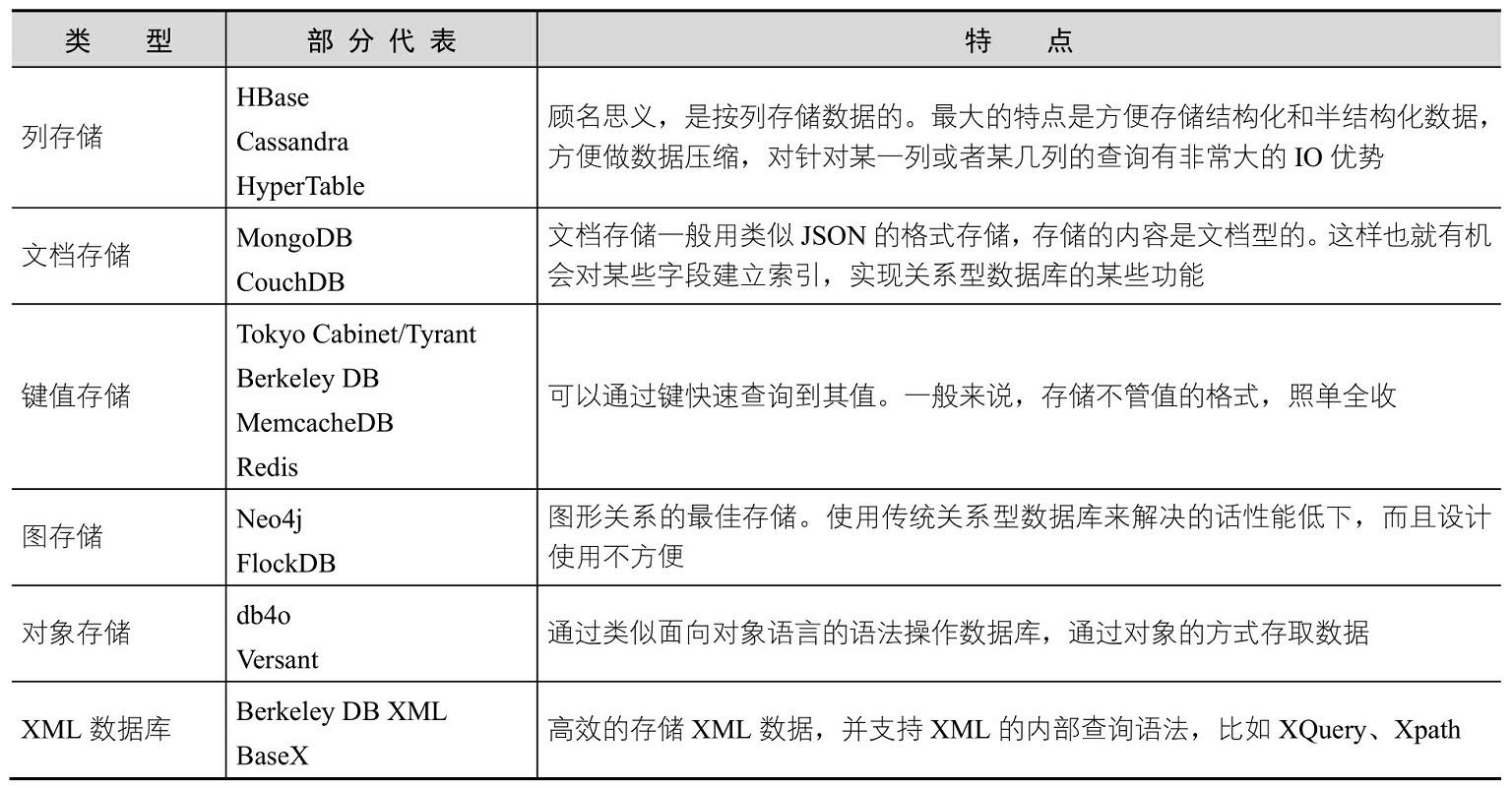NoSQL Basics

Introduction
In the ever-evolving world of technology, data has become the backbone of numerous industries. As the volume and complexity of data continue to grow exponentially, traditional relational databases have started to show limitations in terms of scalability and flexibility. This has paved the way for the emergence of NoSQL databases, offering a new approach to data storage and retrieval. In this blog post, we will explore the rise of NoSQL databases, their advantages, and their impact on the industry.
Understanding NoSQL
NoSQL, which stands for “Not Only SQL,” is a database management system that diverges from the traditional relational model. Unlike relational databases, which store data in tables with predefined schemas, NoSQL databases are schema-less and allow for flexible and dynamic data models. This means that developers can store and retrieve data without having to define a rigid structure beforehand. NoSQL databases excel in handling large volumes of unstructured or semi-structured data, making them ideal for applications with rapidly changing requirements.
Advantages of NoSQL
One of the major advantages of NoSQL databases is their ability to scale horizontally. Traditional relational databases often struggle to handle massive amounts of data and high traffic loads. NoSQL databases, on the other hand, are designed to distribute data across multiple servers, enabling seamless scalability. This makes them suitable for applications that require fast and efficient handling of big data.
Another advantage of NoSQL databases is their flexible data model. With NoSQL, developers can easily add new attributes or modify existing ones without disrupting the entire database structure. This agility allows for rapid application development and iteration, as well as the ability to adapt to changing business requirements. Moreover, NoSQL databases are highly performant due to their ability to store and retrieve data in a variety of ways, such as key-value pairs, graphs, or document-oriented structures.
Reading List
- Aliyun Redis best practice
- CAP theory for NoSQL system
- Change and Save Redis configuration during running
- Commands for Redis clients
- Deploy Cassandra with ccm
- From 0 to 1 - create Redis cluster
- How to Setup MongoDB Replication On Ubuntu 20.04
- Introduction to Zookeeper
- Introduction to gossip
- Manage Cassandra with nodetool
- MongoDB Monitoring
- MongoDB Performance Optimization cheat sheet
- NoSQL system summary and comparison
- NoSQL
- Performance tunning for Cassandra
- Redis Memory Usage Explanation
- Redis Optimization Cheatsheet
- Redis compatible NoSQL system performance comparison
- Redis config file explaination and reference
- Redis persistence Explanation - RDB and AOF
- Redis rebalance - slot migration process
- Redis source code - how to get started
- Redis source code files description
- Redis
- RocksDB Administration and Data Access Tool
- RocksDB Reference
- RocksDB
- Summary of Redis Tips and Tricks
- Useful cluster commands for Redis Cluster
- parse and decode Redis AOF file with Python
key-value databases
- Riak
- Redis
- Memcached DB
- Berkeley DB
- HamsterDB
- Amazon DynamoDB
- Project Voldemort (an open-source implementation of Amazon DynamoDB)
document databases
- MongoDB
- CouchDB
- Terrastore
- OrientDB
- RavenDB
column-family stores
- Cassandra
- HBase
- Hypertable
- Amazon SimpleDB
graph databases
- Neo4J
- Infinite Graph
- OrientDB
- FlockDB

Conclusion
NoSQL databases have revolutionized the way we handle and manage data. Their scalability, flexibility, and performance have made them a popular choice for modern applications. As technology continues to advance and data continues to grow, NoSQL will undoubtedly play a crucial role in shaping the future of data storage and retrieval. Whether it’s handling massive amounts of data or adapting to rapidly changing requirements, NoSQL databases provide a powerful solution that breaks the mold of traditional relational databases.
Reference
- NoSQL Distilled - A Brief Guide to the Emerging World of Polyglot Persistence (Pramod J. Sadalage, Martin Fowler)